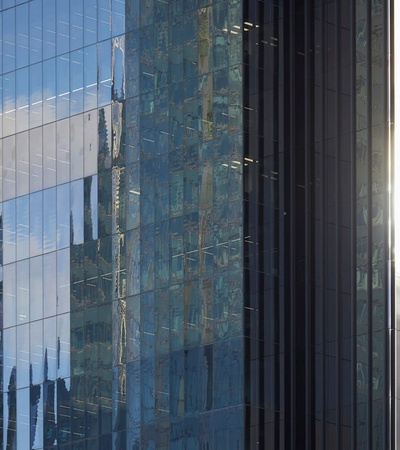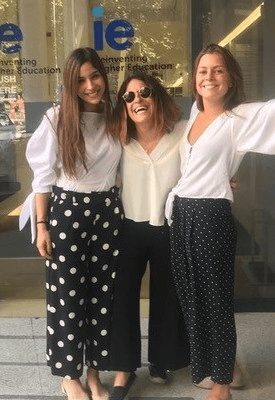
ALMA ACTIVA
- Home
- Student Capstone Projects
- Alma Activa
Alma Activa
As we were assigned our Capstone Project with Alma Nativa, we began by brainstorming ideas of a project that would be well aligned with the requirements of the Capstone Project, the mission and vision of Alma Nativa, and most importantly the needs of the local community in Nicaragua.
In order to do so, the most important step was to begin by understanding the community that we are working with and by conducting research on the region’s political, economic, social, environmental, technological, and legal conditions. The idea was for us to identify the gaps/challenges that the local community in Popoyo is facing and to realize the opportunities that we could tap into in order to find a sustainable solution to the problem(s) at hand.
In this regard, we conducted interviews, read blogs, academic papers, and reports by international organizations, watched videos by the local communities, and consulted the Alma Nativa team who has been on the ground in Popoyo. Based on our research and findings, we identified the following issues: lost traditions, culture, and a sense of collectivism of the indigenous community, lack of connectivity, lack of education, unemployment, alcoholism, drug abuse, and gender issues such as prostitution as well as adolescent pregnancy.
Accordingly, we came up with the idea of establishing a start-up incubator enabling members of the indigenous community to develop their own business ideas and transform them into successful and sustainable businesses that retain and revive the indigenous culture and traditions.
The objective was to create jobs for those unemployed and to contribute to the development of the Popoyo region by generating employment and supporting the creation of small and local businesses. In turn, this will revive the sense of collectivism among the indigenous people in the area and help preserve their traditions and culture.
The concept consists of creating a physical space providing the tools, training, mentorship, funding, technology, and networking opportunities to create an innovation and impact hub that helps generate, develop, finance, and implement ideas.
INTERVIEW TIME!
WHAT WAS YOUR TEAM’S FAVORITE PART ABOUT THE PROJECT?
Working with each other and with our supervisors on a project that we are all truly passionate about.
WHAT DID YOUR TEAM LEARN THE MOST?
When working in any social impact project, the most important and first step that should be taken is to truly understand the community that you are working with or targeting.
WHAT DO YOU FEEL MOST PROUD ABOUT REGARDING THE EXPERIENCE?
Being able to use our creativity, knowledge, and expertise to contribute to the growth of an existing social enterprise and essentially having an impact on the indigenous community in Nicaragua.
HOW WOULD DESCRIBE THE EXPERIENCE?
Our different cultural, educational, and career backgrounds allowed us each to contribute to the project differently, combining our expertise and complementing one another.
